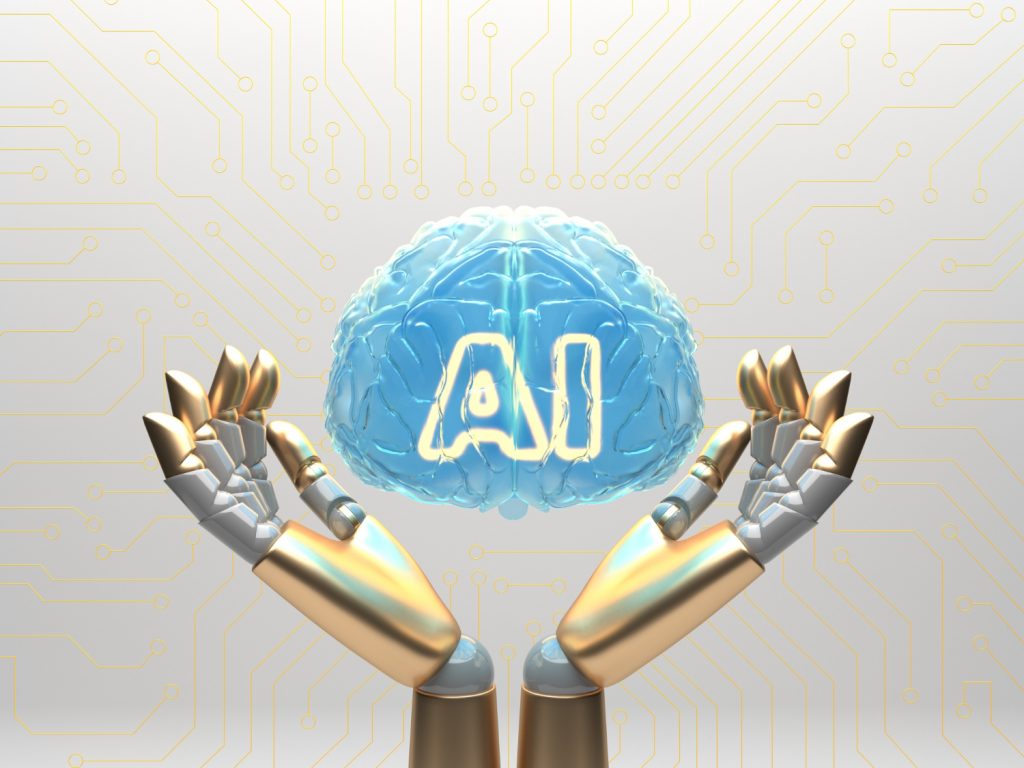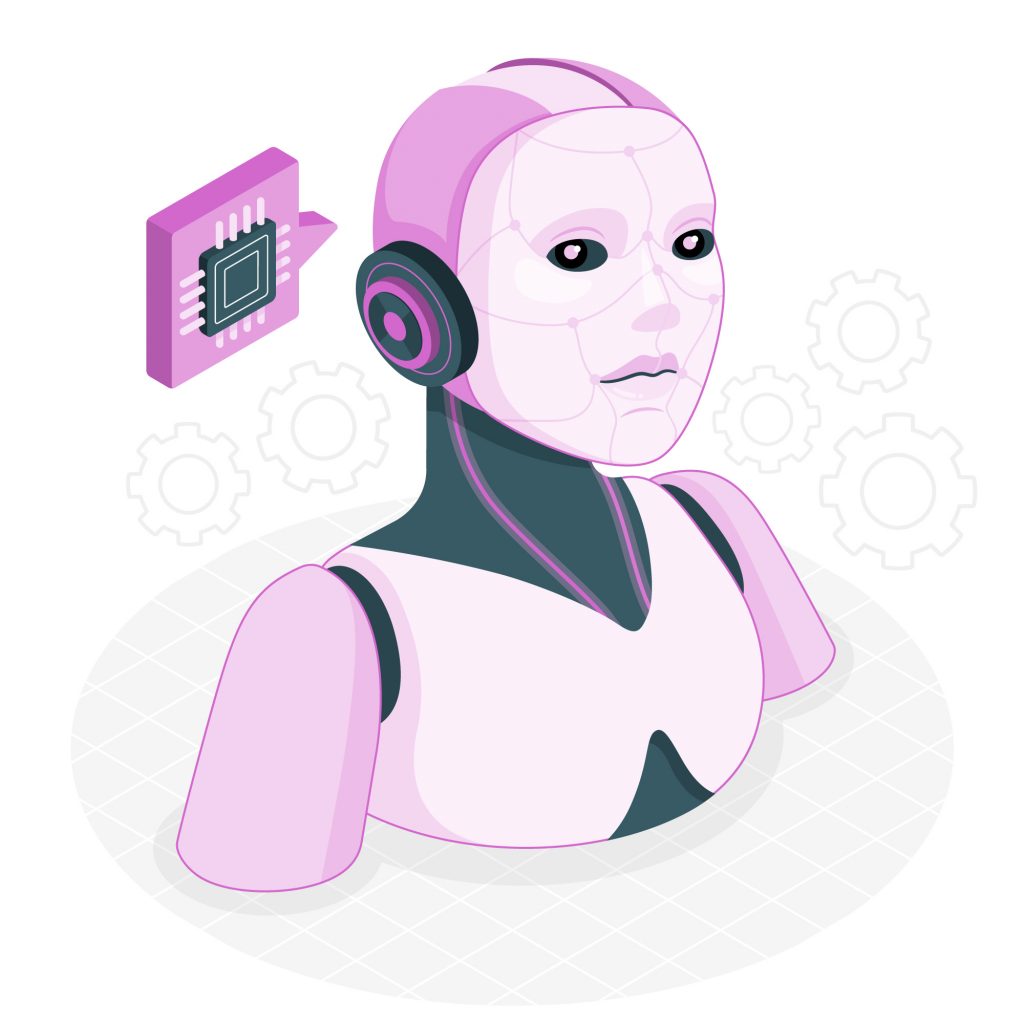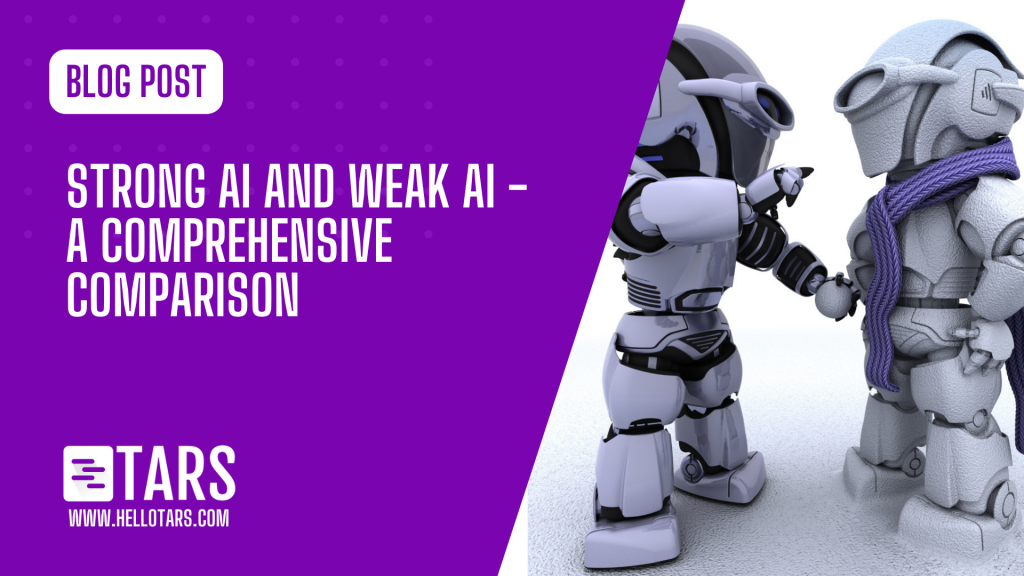Artificial Intelligence (AI) is one of the fastest growing and most exciting fields in technology today. Within AI, there are two main categories: strong AI and weak AI. These two categories of AI have different levels of intelligence and autonomy.
In this article, we will provide a comprehensive comparison of strong AI and weak AI, examining their characteristics, advantages and limitations, and real-world applications.
Understanding Strong AI

Strong AI is a type of AI that possesses human-like intelligence and can perform any intellectual task that a human can. It is also capable of self-awareness and has consciousness. This type of AI is still in the research stage and has not yet been fully developed.
Characteristics of Strong AI
- The ability to reason and display common sense
- Self-awareness
- Consciousness
- Ability to learn and adapt
Examples of Strong AI
- Self-driving cars
- Pattern and image recognition
- Contextual recommendations
Understanding Weak AI

Weak AI is a type of AI that is designed to perform a specific task or set of tasks. It is not self-aware and does not possess human-like intelligence. Instead, it is programmed to perform a limited range of functions within a narrow domain.
Characteristics of Weak AI
- Limited range of functions
- Not self-aware
- No consciousness
- Ability to learn and adapt within its programmed domain
Examples of Weak AI
- Virtual assistants such as Siri and Alexa
- Recommendation engines used by Netflix and Amazon
- Fraud detection software used by financial institutions
Comparison – Strong AI vs Weak AI
While strong AI and weak AI differ in their level of intelligence and autonomy, they both have their own advantages and limitations.
Characteristics:
Strong AI possesses human-like intelligence, self-awareness, and consciousness, while weak AI is designed to perform a specific set of tasks within a narrow domain and does not possess these characteristics.
Advantages and Limitations

When comparing strong AI and weak AI, there are several advantages and limitations to consider:
Strong AI
Advantages:
- Potential to perform any intellectual task that a human can
- Ability to work autonomously without human intervention
- Potential to enhance human cognitive abilities
- Can develop creative solutions to complex problems
Limitations:
- Still in the research stage
- Significant ethical concerns and potential risks associated with its development
Weak AI
Advantages:
- Already widely used
- Highly effective in performing specific tasks within a narrow domain
- Can perform specific tasks faster and more accurately than humans
- Can handle large amounts of data efficiently
- Can work 24/7 without fatigue
- Can improve over time through machine learning and other AI technologies
Limitations:
- Limited in its ability to reason, problem-solve, and adapt outside of its programmed domain
- Limited to specific tasks within a narrow domain
Overall, while strong AI has tremendous potential to transform various industries, it is still in its infancy and comes with significant ethical concerns and risks. In contrast, weak AI is already being widely used and has proven to be highly effective in performing specific tasks, but it is limited in its ability to perform more complex tasks.
Comparison of Use Cases

Strong AI Use Cases/Applications:
✅Healthcare: Strong AI could be used to develop personalized treatments for diseases.
✅Transportation: It could be used to create self-driving cars that are safer and more efficient than human-driven cars.
✅Education: It could provide customized educational content to students based on their individual learning styles and abilities.
✅Scientific research: Strong AI could be used to analyze large datasets and identify patterns and insights that humans may not be able to detect.
✅Cybersecurity: It could be used to develop more advanced threat detection and prevention systems to protect against cyber attacks.
✅Manufacturing: Strong AI could be used to optimize production processes and reduce waste, ultimately leading to cost savings for companies.
✅Environmental monitoring: It could be used to monitor and analyze environmental data, helping to identify and address issues such as climate change and pollution.
Weak AI Use Cases/Applications:
Weak AI is already widely used in a variety of industries, including:
✅Finance: Weak AI is used for fraud detection software to identify and prevent fraudulent activity.
✅Healthcare: It is used in medical diagnosis, drug discovery and personalized treatments.
✅Marketing: Weak AI is used to analyze customer data and provide targeted advertising.
✅Entertainment: It is used for personalized content recommendation systems by companies like Netflix and Amazon.
✅Customer service: Weak AI is increasingly used in chatbots and virtual assistants to handle customer inquiries and provide support.
✅Education: It is used in intelligent tutoring systems to personalize learning and provide students with feedback.
✅Social media: Weak AI is used to analyze social media data to identify trends, monitor sentiment, and detect fake news.
Want to Leverage the Power of AI for Your Business? We Can Help.
At TARS we specialize in helping marketing and industry leaders leverage the power of conversational AI to optimize and automate their business processes. Our omnichannel chatbots can be deployed across websites, mobile apps and even text messages.
Simply Book a free demo and our in-house team of experts will walk you through the entire process of how you can use our omnichannel chatbots to meet your specific business requirements.
TARS has worked with multiple industry giants including American Express, Vodafone, Nestle, Adobe, Bajaj, and many more include. Book a free demo today to start enjoying the benefits of our omnichannel bots.

My name is Vinit Agrawal and I am the Founder and CTO of Tars. I have been working on the Tars Chatbot Builder since 2015 and my core strength is in building software products with simple and functional user experiences focusing on bringing some core business results. My current role in the company is a mix of Product Manager, Engineering Manager and in Business & Marketing Strategy.

0 Comments on "Strong AI and Weak AI – A Comprehensive Comparison"